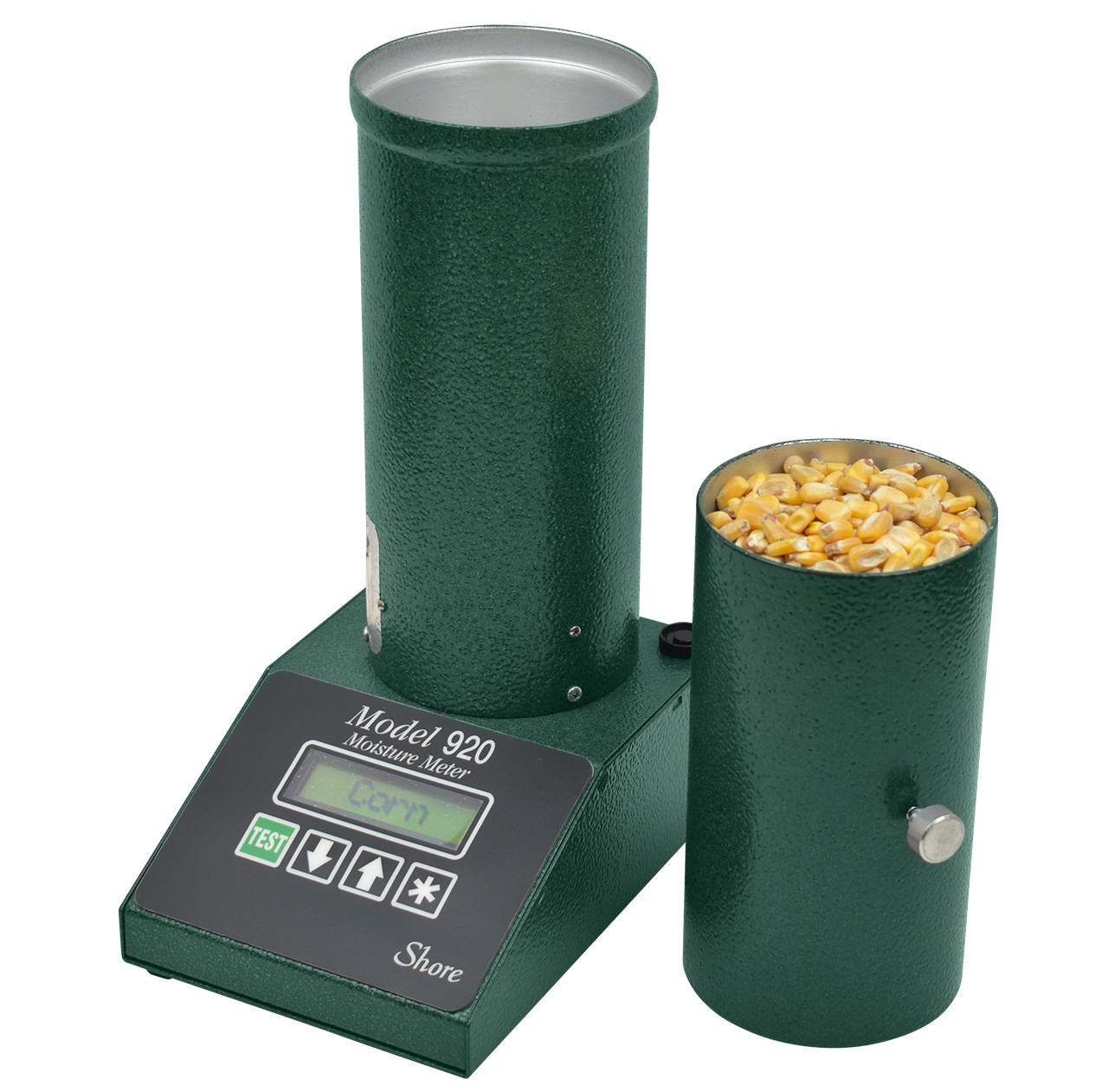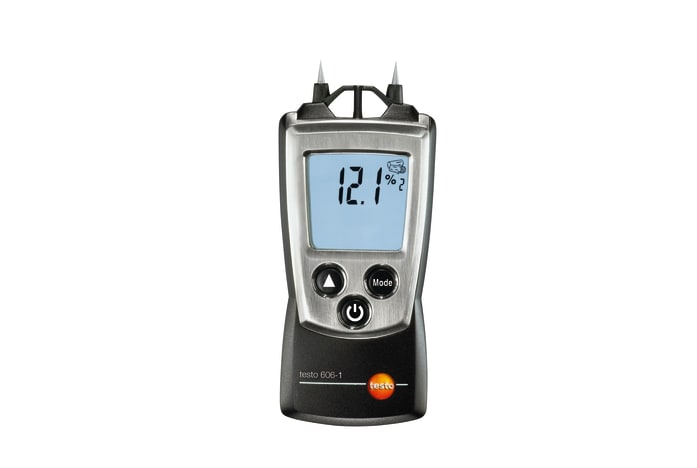Leading 10 Advantages of Using a Moisture Meter for Correct Measurements in your house
Leading 10 Advantages of Using a Moisture Meter for Correct Measurements in your house
Blog Article
The Ultimate Overview to Dampness Meters: A Comprehensive Review and Just How They Can Conserve You Money
In the realm of structure upkeep, construction, and various sectors, the significance of properly measuring wetness levels can not be overemphasized. Dampness meters function as important tools in finding and checking moisture material in materials, assisting in avoiding pricey damages and making certain the top quality of products. Recognizing the nuances of various kinds of dampness meters, their applications, and the prospective cost-saving advantages they provide can be a game-changer for specialists and companies alike. Finding exactly how these devices can not just improve procedures but additionally add to financial savings is a journey worth starting.
Kinds Of Dampness Meters
Various sorts of moisture meters are offered for various applications in various sectors. One typical kind is the pin-type wetness meter, which gauges the electric resistance in between 2 pins inserted into a product. This kind appropriates for timber, drywall, and various other building materials. Pinless moisture meters, on the other hand, usage electro-magnetic sensing unit plates to check a bigger location without creating damages to the product's surface. Moisture Meter. These meters are excellent for swiftly analyzing wetness degrees in large locations such as wall surfaces and floors.

Infrared moisture meters measure the thermal buildings of a material to identify its dampness content non-invasively, making them helpful for applications where pin or pinless meters might not be suitable. Understanding the various types of moisture meters available can assist markets pick the most proper tool for their details moisture dimension needs.

Advantages of Using Dampness Meters
Moisture meters use vital benefits in precisely analyzing and checking dampness levels in varied materials and atmospheres. One of the main benefits of making use of wetness meters is the avoidance of prospective damages created by excess dampness.
Furthermore, making use of moisture meters can cause boosted power performance. By recognizing areas with high wetness levels, such as leakages or poor insulation, changes can be made to boost power conservation and reduce utility prices. In farming setups, wetness meters play a vital function in maximizing plant yields by allowing farmers to keep track of dirt dampness levels and make educated irrigation choices. Generally, the benefits of utilizing moisture meters extend across numerous industries, giving economical solutions and advertising better quality assurance practices.
Just How to Pick the Right Dampness Meter
When choosing a dampness meter, it's vital to guarantee that the meter is suitable for the specific product you will be testing. Various materials have varying go to this web-site electrical residential properties that can impact moisture analyses, so choosing a meter developed for your material is essential for accurate results. By thoroughly evaluating these factors, you can choose a wetness meter that meets your needs and offers precise wetness dimensions for your projects.
Proper Techniques for Wetness Meter Use

Cost Financial Savings With Moisture Meter Applications
Exactly how can the critical application of dampness meters lead to substantial price savings throughout numerous this industries? In the agriculture sector, dampness meters help in identifying the optimal time for harvesting plants, protecting against over-drying or excess dampness that can impact the last product's quality.
Likewise, in building, dampness meters help stop expensive damages by spotting dampness degrees in structure products, such as wood or concrete, which can lead to architectural problems if not resolved immediately. By identifying trouble locations at an early stage, professionals can take restorative procedures to stay clear of considerable fixings or substitutes, ultimately saving time and cash.
Furthermore, in the food processing market, dampness meters are important for keeping track of product high quality and making certain compliance with safety and security laws. By precisely gauging wetness content in food products, producers can avoid putridity, maintain freshness, and reduce waste, resulting in considerable expense savings. Generally, the critical application of dampness meters is a valuable investment that can result in considerable expense reductions and improved efficiency across different markets.
Final Thought
In final thought, wetness meters are important devices for gauging and identifying dampness degrees in different materials. By using the ideal wetness meter and complying with appropriate techniques, individuals can effectively protect against pricey problems created by excess dampness.
Wetness meters serve as essential tools in identifying and checking moisture content in materials, helping in avoiding costly problems and making sure the quality of products. Infrared moisture meters measure the thermal buildings of a product to establish its dampness web content non-invasively, making them beneficial for applications where pin or pinless meters may not be suitable.Dampness meters provide important advantages in properly keeping an eye on and evaluating dampness degrees in varied materials and atmospheres. In agricultural setups, dampness meters play an important duty in optimizing plant yields by making it possible for farmers to monitor soil moisture levels and make educated irrigation decisions.In conclusion, moisture meters are useful devices for detecting and measuring wetness degrees in different products.
Report this page